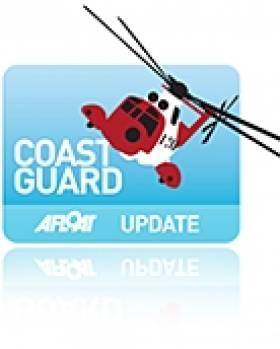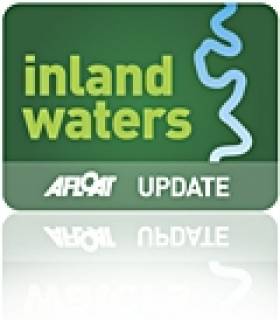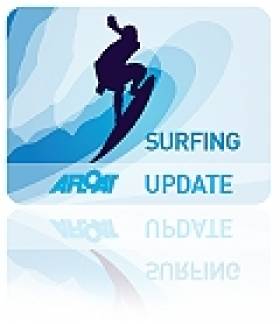Displaying items by tag: Children
Coastguard Warns of Seaside Danger to Children
#coastguard – Now that the school holidays are here, Coastguards in Scotland and Northern Ireland have issued a timely notice to encourage children and families to stay safe whilst at the beach and along the coast.
Phil MacIver, HM Coastguard Sector Manager at Buchan said:
"We'd like to warn people against jumping into the water from cliffs and structures such as piers and bridges. Every year, nationally we deal with several serious injuries and some deaths as a result of this kind of activity. Tides make a massive difference and what may have been a deep lagoon could be just a shallow puddle only a couple of hours later. At this time of the year the water is still cold so be careful when entering the water, do it slowly and acclimatise gradually.
"Coastguards have also noticed an increase in the number of dogs that have fallen down cliffs. We'd like to warn people against attempting to rescue their dogs and encourage them to call the coastguard and ask for assistance.
"We want everyone who visits our coast to have a great time and to go home with happy memories. If you choose a lifeguarded beach and swim between the red and yellow flags you'll ensure that you have expert lifesavers looking out for you while you're in the water. The Royal National Lifeboat Institution (RNLI) has launched a new 'beach finder' mobile app to make it easy for anyone heading to the seaside this summer to find their nearest lifeguarded beach, helping them to have fun whilst enjoying a safe visit. The app is available to download free-of-charge on both Android and Apple devices from www.rnli.org/beach
"If you're looking after children make sure that they are well supervised by adults whilst at the coast. We deal with numerous cases of lost children every year and it can be very distressing for children and adults alike.
"If you notice that someone is in difficulty, either alert the lifeguard if one is available or call the coastguard on 999.
Finally, have a great time and return home safely."
More information here
Waterways Ireland Public Consultation on Safeguarding Vulnerable Groups
#INLAND WATERWAYS - Waterways Ireland is currently undertaking two new public consultations on improving safety standards for children, the elderly and people with disabilities on our inland waterways.
Details for the consultation exercise on Safeguarding Vulnerable Groups Policy & Procedures and the Draft Disability Action Plan 2011-2013 are available from the Waterways Ireland website.
Comments may be submitted via e-mail to [email protected] or by post to Waterways Ireland, Strategy & Policy Section, 2 Sligo Road, Enniskillen, Co Fermanagh BT74 7JY.
The closing date for comments is Tuesday 21 February 2012.
Children's Surfing App Makes a Splash Overseas
#SURFING - A Dubliner's iPhone app created to teach children about the ocean is making waves on both sides of the pond.
As Silicon Republic reports, the interactive app is the brainchild of surfing fan Shane Janssens, based on the Walter The Wandering Wave character he created to educate children about waves and their origins.
Devised after his move to Canada, Walter first appeared in a children's book developed by Janssens for his own business Belly of Fire Publishing before making the leap to the mobile realm.
"My idea was if waves could talk what amazing adventures they would share with us and what great friends they would meet along the way," he says.
Silicon Republic has more on the story HERE.































































